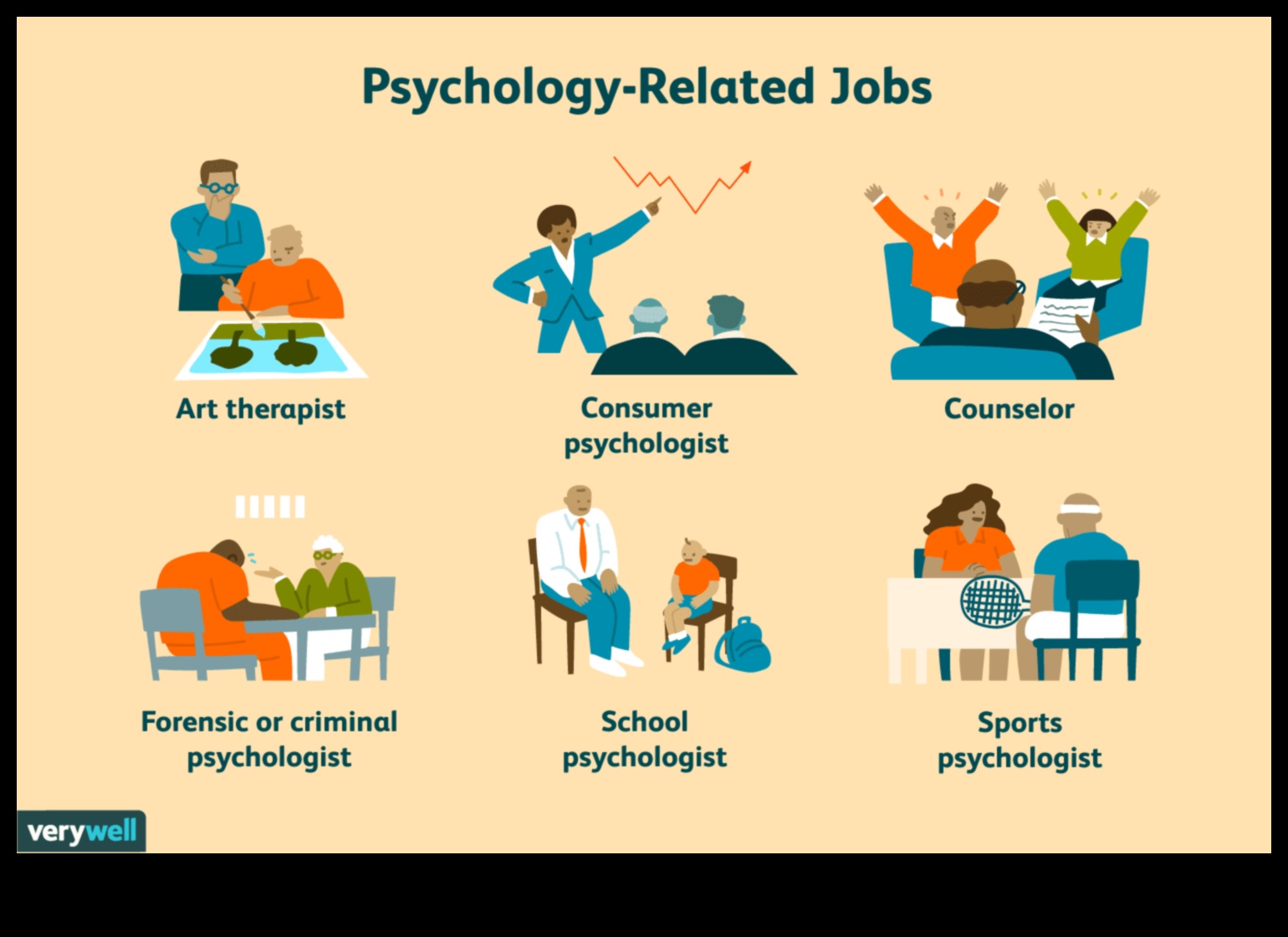
What Jobs Can You Get in Psychology?
Psychology is a broad field that encompasses a wide range of career options. Psychologists work in a variety of settings, including hospitals, clinics, schools, and businesses. They may also work in research, teaching, or consulting.
Some of the different types of psychology careers include:
- Clinical psychologist
- Counselor
- School psychologist
- Industrial-organizational psychologist
- Forensic psychologist
- Research psychologist
- Teaching psychologist
- Consultant
The salary potential for psychology careers varies depending on the type of job, the level of experience, and the location. According to the Bureau of Labor Statistics, the median annual salary for psychologists was $82,180 in 2020.
The skills and qualifications required for psychology careers vary depending on the type of job. However, all psychology majors need to have strong critical thinking and problem-solving skills, as well as the ability to communicate effectively with others.
The job outlook for psychology majors is good. The Bureau of Labor Statistics projects that employment for psychologists will grow by 14% from 2020 to 2030, faster than the average for all occupations.
Psychology graduates can work in a variety of industries, including healthcare, education, and business. They can also work in government agencies, research institutions, or private practice.
If you are interested in a career in psychology, there are a few things you can do to prepare. First, you should earn a bachelor’s degree in psychology. You can then go on to earn a master’s degree or doctorate in psychology. You can also complete a psychology internship or practicum to gain experience in the field.
There are a number of resources available to help you find a psychology career. You can search online job boards, contact your university career center, or talk to your professors or advisors. You can also attend job fairs or networking events.
If you are interested in learning more about psychology careers, there are a number of resources available. You can read books, articles, and blogs about psychology careers. You can also attend workshops or conferences on psychology careers.
Choosing a psychology career can be a rewarding experience. Psychology is a field that offers a variety of opportunities to make a difference in the world.
| Feature | Details |
|---|---|
| Psychology careers | There are many different types of psychology careers, including clinical psychology, counseling psychology, industrial-organizational psychology, and social psychology. |
| Psychologist jobs | Psychologists work in a variety of settings, including hospitals, clinics, schools, and private practice. |
| Psychology salary | The median salary for psychologists is $75,510 per year. |
| Psychology degree | A bachelor’s degree in psychology is required for most psychology careers. |
| Clinical psychology | Clinical psychologists diagnose and treat mental disorders. |
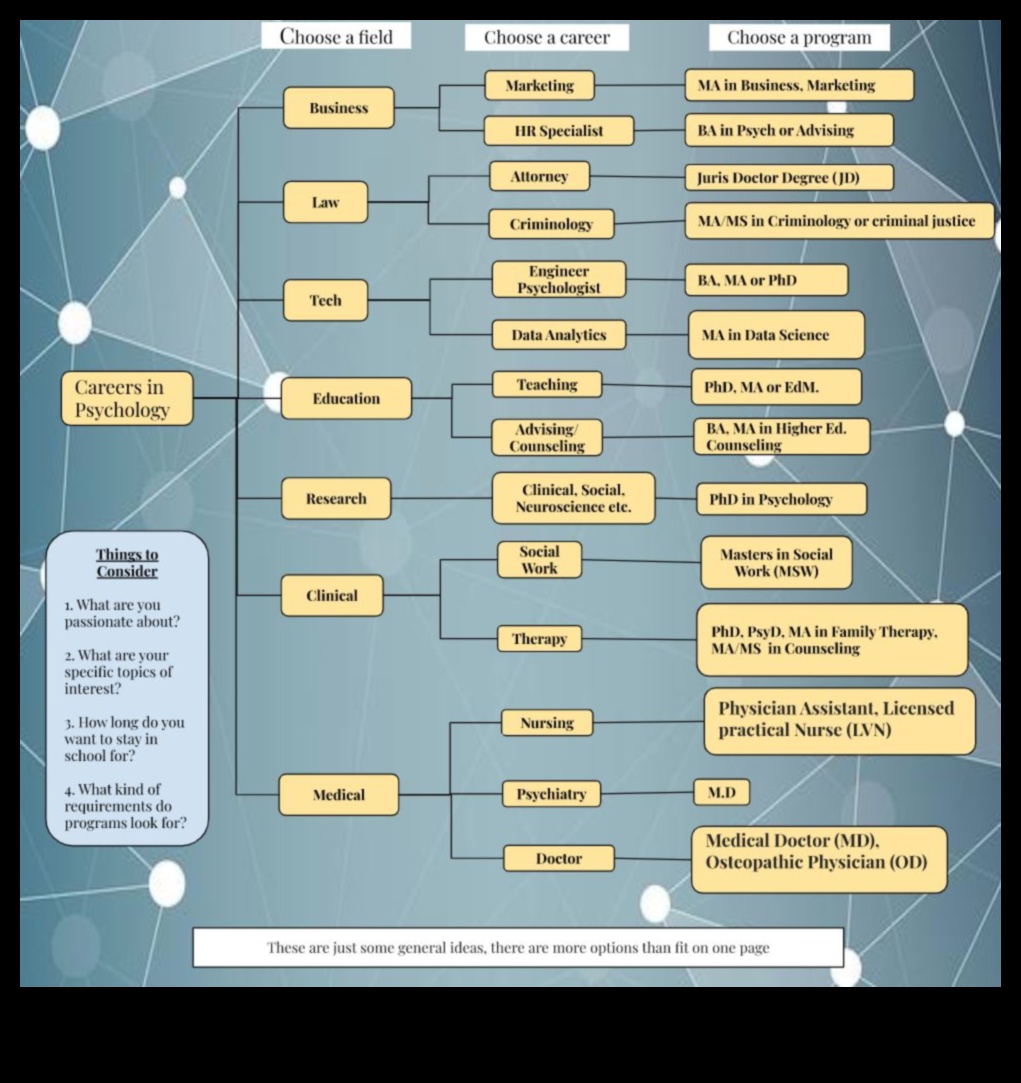
II. Different Types of Psychology Careers
There are many different types of psychology careers available to psychology graduates. Some of the most common psychology careers include clinical psychologist, counseling psychologist, school psychologist, industrial-organizational psychologist, and forensic psychologist.
Clinical psychologists work with individuals who are struggling with mental health issues. They provide therapy, conduct assessments, and develop treatment plans. Counseling psychologists also work with individuals who are struggling with mental health issues, but they focus more on providing support and guidance than on providing therapy. School psychologists work in schools to help students who are struggling academically or socially. Industrial-organizational psychologists work with businesses to improve employee productivity and performance. Forensic psychologists work with the legal system to assess mental health issues and provide expert testimony.
These are just a few of the many different types of psychology careers that are available. There are also many other psychology careers that are less common, such as sports psychology, military psychology, and media psychology.
II. Different Types of Psychology Careers
There are many different types of psychology careers available, each with its own unique set of skills and qualifications required. Some of the most common psychology careers include:
- Clinical psychologist
- Counselor
- School psychologist
- Industrial-organizational psychologist
- Research psychologist
- Forensic psychologist
- Health psychologist
- Sports psychologist
- Marketing psychologist
Each of these careers offers a different set of challenges and rewards, and the right career for you will depend on your interests, skills, and personality. To learn more about the different types of psychology careers, you can read our article on psychology careers or visit the website of the American Psychological Association (APA).
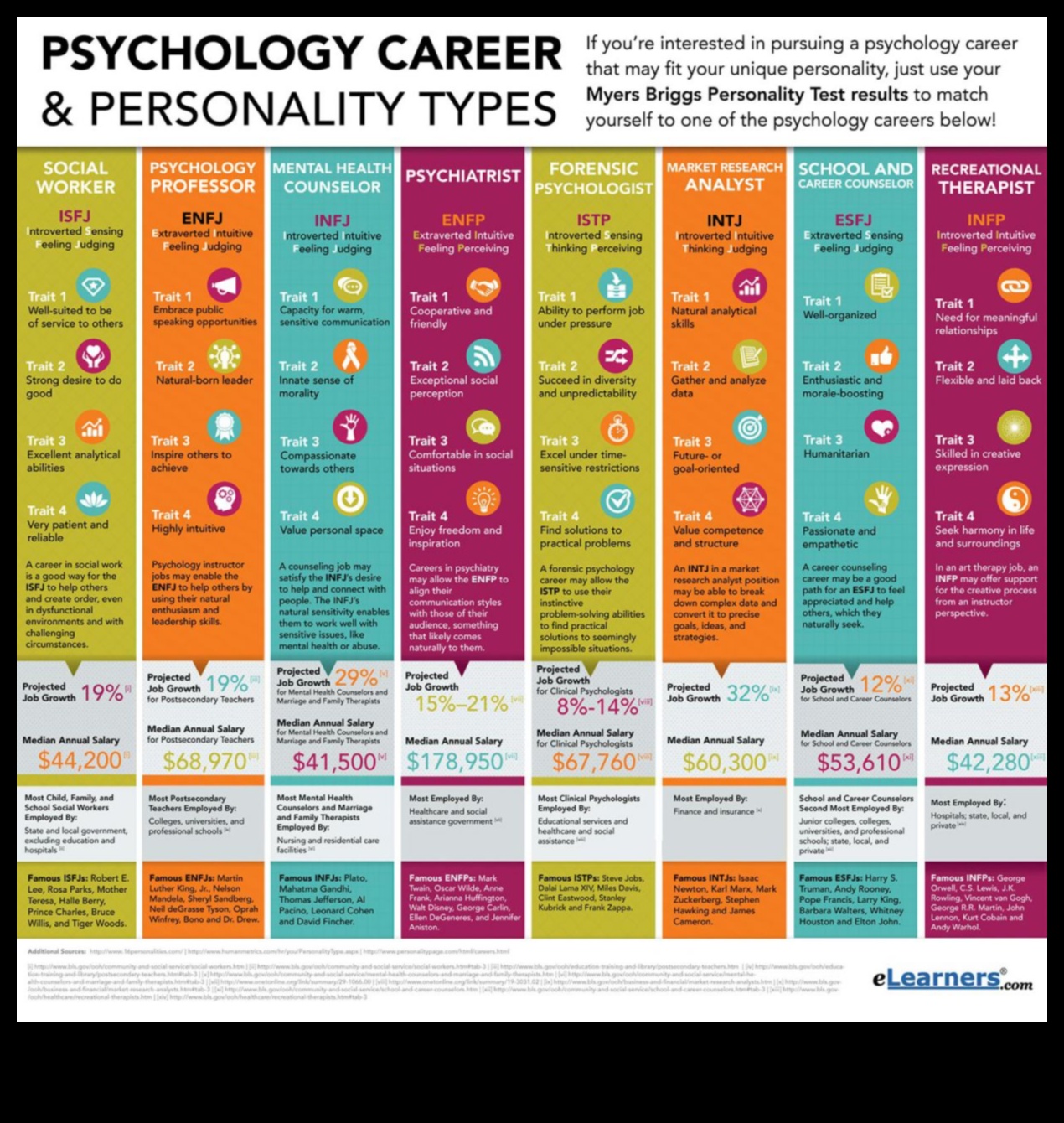
II. Different Types of Psychology Careers
There are many different types of psychology careers available to psychology graduates. Some of the most common psychology careers include:
- Clinical psychologist
- Counselor
- School psychologist
- Industrial-organizational psychologist
- Research psychologist
- Forensic psychologist
- Health psychologist
- Sports psychologist
- Marketing psychologist
Each of these psychology careers has its own unique set of requirements and qualifications. For example, clinical psychologists must have a doctorate in psychology, while counselors typically have a master’s degree in psychology. School psychologists typically have a master’s degree in school psychology, while industrial-organizational psychologists typically have a doctorate in industrial-organizational psychology. Research psychologists typically have a doctorate in psychology, while forensic psychologists typically have a doctorate in forensic psychology. Health psychologists typically have a doctorate in psychology, while sports psychologists typically have a doctorate in sports psychology. Marketing psychologists typically have a master’s degree in business administration with a concentration in marketing.
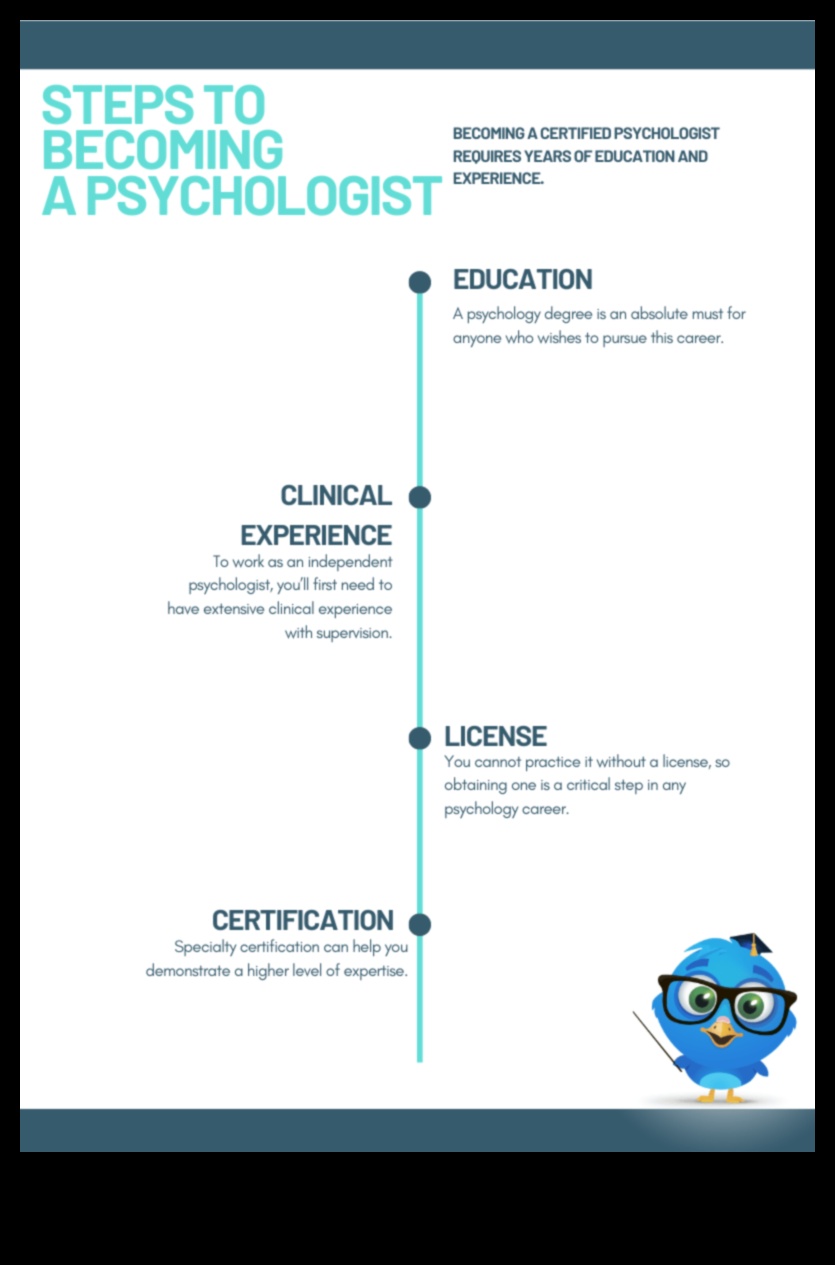
What Jobs Can You Get With a Psychology Degree?
A psychology degree can open up a wide range of career opportunities. Psychologists work in a variety of settings, including hospitals, clinics, schools, and private practice. They also work in a variety of industries, such as business, education, and government.
Some of the most common psychology careers include:
- Clinical psychologist
- Counselor
- School psychologist
- Industrial-organizational psychologist
- Research psychologist
The salary potential for psychology careers varies depending on the type of job, the level of experience, and the location. According to the Bureau of Labor Statistics, the median annual salary for psychologists was $75,230 in 2019.
To get a psychology degree, you will need to complete a bachelor’s degree in psychology. You can then go on to earn a master’s degree or a doctorate in psychology. The specific degree requirements will vary depending on the type of psychology career you want to pursue.
If you are interested in a career in psychology, there are a number of resources available to help you get started. You can find information on psychology careers, education requirements, and salary potential on the websites of the American Psychological Association (APA) and the National Association of Colleges and Employers (NACE). You can also talk to your academic advisor or a career counselor for more information.
What Jobs Can You Get in Psychology?
Psychology is a broad field with many different career options. Here are some of the most common jobs that psychology graduates can get:
- Clinical psychologist
- Counselor
- School psychologist
- Industrial-organizational psychologist
- Marketing research psychologist
- Social psychologist
- Neuropsychologist
- Forensic psychologist
- Research psychologist
The specific job you get will depend on your interests, skills, and qualifications. If you are interested in working with people, you might consider becoming a clinical psychologist, counselor, or school psychologist. If you are interested in research, you might consider becoming a research psychologist. If you are interested in business, you might consider becoming an industrial-organizational psychologist or a marketing research psychologist.
The salary potential for psychology careers varies depending on the type of job you get and the level of your experience. According to the Bureau of Labor Statistics, the median annual salary for psychologists was $82,180 in 2020. However, salaries can range from $40,000 to $150,000 or more, depending on the job and the location.
The job outlook for psychology majors is good. The Bureau of Labor Statistics projects that employment for psychologists will grow by 14% from 2020 to 2030, which is faster than the average for all occupations.
If you are interested in a career in psychology, there are a few things you can do to prepare yourself. First, you should get a strong foundation in psychology by earning a bachelor’s degree in psychology. You can then go on to earn a master’s degree or a doctorate in psychology. You should also gain experience working with people in a clinical or counseling setting.
Psychology is a rewarding career that offers the opportunity to help people. If you are interested in a career in psychology, there are many different options available to you.
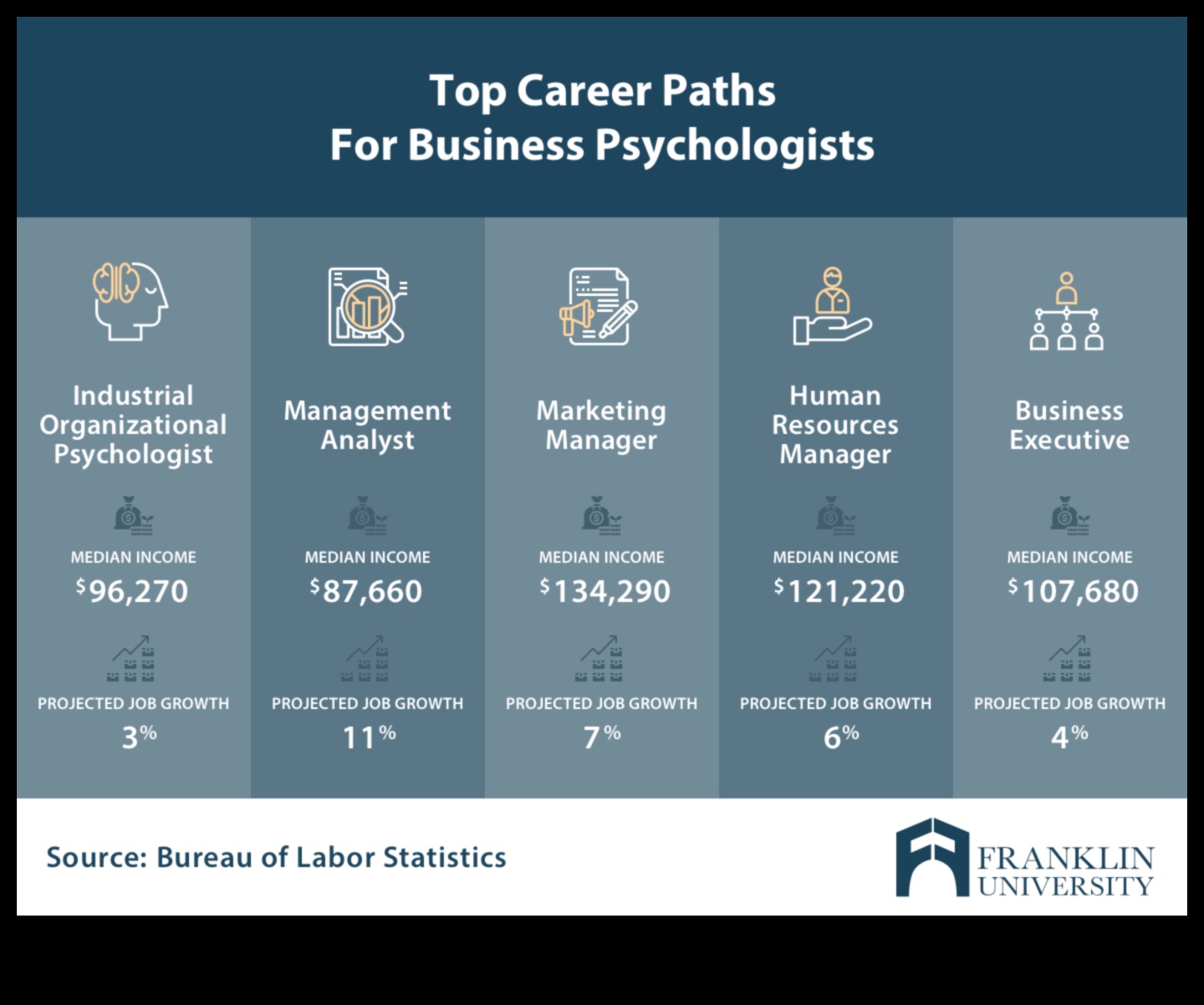
VII. How to Get Started in a Psychology Career
There are a few things you can do to get started in a psychology career.
First, you need to get the right education. A bachelor’s degree in psychology is the minimum requirement for most psychology careers. However, some jobs, such as clinical psychologist, require a master’s or doctoral degree.
Once you have the required education, you need to gain experience. You can do this by getting a job as a psychology intern or by volunteering at a mental health clinic or other organization.
You also need to build your network. Attend professional conferences and workshops, and connect with other psychology professionals on LinkedIn and other social media platforms.
Finally, you need to be prepared to work hard and be patient. It can take time to build a successful psychology career.
Here are some additional tips for getting started in a psychology career:
- Choose a specialization. There are many different specializations within psychology, so it’s important to choose one that you’re interested in and that fits your skills and interests.
- Find a mentor. A mentor can help you develop your skills, network with other professionals, and find a job.
- Be flexible. The job market for psychology graduates can be competitive, so you need to be prepared to work in a variety of settings and with a variety of clients.
- Keep learning. The field of psychology is constantly changing, so it’s important to keep learning new things. Attend conferences, read journals, and take continuing education courses.
VIII. Resources for Psychology Careers
There are a number of resources available to psychology students and professionals who are looking for information about psychology careers. These resources can provide information on different types of psychology careers, education and training requirements, salary and job outlook, and the pros and cons of a psychology career.
Some of the most helpful resources for psychology careers include:
- American Psychological Association (APA) Career Resources
- Psychology Today Careers
- Indeed: Psychology Careers
- Monster: Psychology Careers
- CareerOneStop: Psychology Careers
These resources can provide you with the information you need to make informed decisions about your psychology career.
IX. FAQs About Psychology Careers
Here are some frequently asked questions about psychology careers:
- What is the difference between a psychologist and a therapist?
- What are the different types of psychology careers?
- What is the salary potential for psychology majors?
- What are the skills and qualifications required for a psychology career?
- What is the job outlook for psychology majors?
- What are the different industries that psychology graduates can work in?
- How can I get started in a psychology career?
- What are the pros and cons of a psychology career?
For more information on these topics, please see the following resources:
- American Psychological Association: Careers in Psychology
- Indeed: Psychology Careers
- Bureau of Labor Statistics: Psychologists
FAQs About Psychology Careers
Q: What are the different types of psychology careers?
A: There are many different types of psychology careers, including clinical psychology, counseling psychology, industrial-organizational psychology, school psychology, and forensic psychology. Each type of psychology career has its own unique set of skills and qualifications required.
Q: What is the salary potential for psychology careers?
The salary potential for psychology careers varies depending on the type of job, the level of experience, and the location. However, psychology majors can typically expect to earn a salary of around \$60,000 per year.
Q: What are the skills and qualifications required for psychology careers?
The skills and qualifications required for psychology careers vary depending on the type of job. However, all psychology majors should have strong critical thinking skills, interpersonal skills, and research skills.